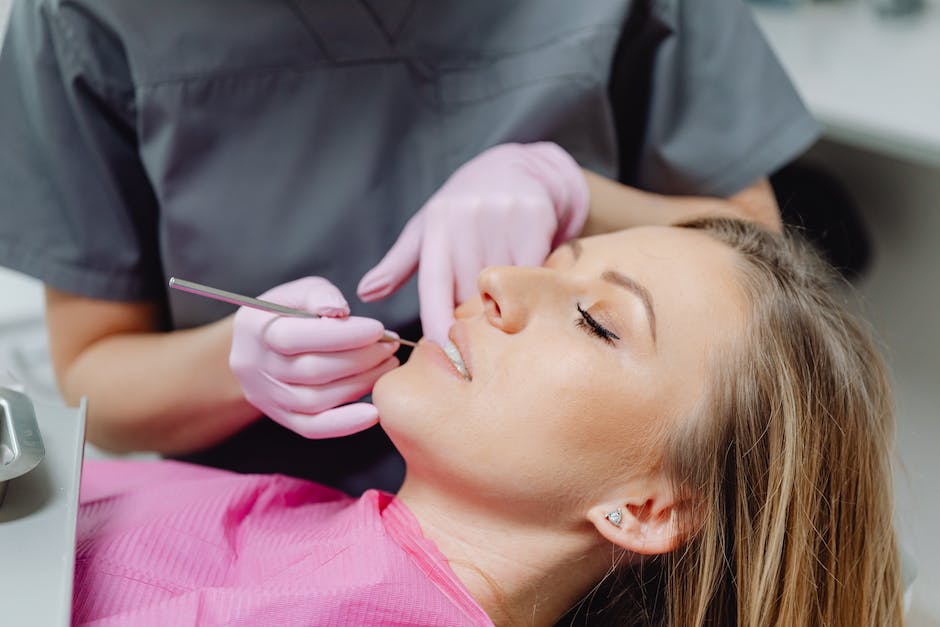Even if you try to stay calm before going to the dentist, the appointment may cause you stress and anxiety. As a result, the dentist may have to stop the procedure, administer pain medication, and make sure that you don’t feel any discomfort.
However, with dental sedation, you won’t have to go through this process because the anxiety and pain will go away automatically. In this article, we’ll talk about oral sedation as well as its benefits.
Types of Oral Sedatives
Oral sedation is commonly used in dentistry to help reduce fear and dentist anxiety. It is a form of conscious sedation, which means that the patient is awake but relaxed and may not remember the entire procedure. Commonly used types of oral sedatives includes the following:
Valium (Diazepam)
Valium diazepam is a type of oral sedative used in dentistry for sedation purposes. It is a benzodiazepine, which is known to be beneficial in inducing a feeling of relaxation and sedation in patients.
It has a longer duration of action compared to other benzodiazepines, making it ideal for intensive dental treatments. Its effects can last for up to 12 to 24 hours, and the patient would remain relaxed and comfortable during and after the procedure.
Valium diazepam is also very beneficial in controlling pain associated with dental procedures. It can be taken orally or intravenously depending on the specific patient’s needs and preferences.
Halcion (Triazolam)
Halcion Triazolam, also known as triazolam, is a type of oral sedative frequently prescribed by dentists. It is a short-acting drug that produces calming effects, and works for several hours.
This drug is known to relax the patient during the procedure while also producing a degree of amnesia for the treatment. Halcion Triazolam is used most often for complex procedures, such as crowns, root canals and bridges, but it may be used for minor procedures as well.
It is also noted that the patient should not operate a vehicle or machinery, or make important decisions for 8-10 hours after taking the drug. As with all drugs, Halcion Triazolam should only be taken under the supervision of a medical professional.
Lorazepam (Ativan)
Lorazepam Ativan is a type of oral sedative that can be used to provide a patient with a sense of relaxation while undergoing a dental procedure. This type of sedation produces a calming sensation in those who take it, helping to reduce anxiety and discomfort.
Side effects may include dizziness, drowsiness, and increased heart rate. However, when administered and monitored by a dentist, the benefits often outweigh the risks in most cases. Lorazepam Ativan is a safe option for patients who are looking for an effective form of dental sedation.
Versed (Midazolam)
Versed Midazolam is an oral sedative used in dentistry for management of anxiety associated with dental treatments. This medication is a benzodiazepine specifically designed to induce an amnesiac-like state, blunting the patient’s awareness of the dental procedure.
Patients who receive Versed Midazolam typically remain conscious and can respond to verbal commands, allowing the dentist to perform the procedure safely and efficiently. This form of sedation dentistry is ideal for patients with mild to moderate dental anxiety since it can help them remain relaxed and comfortable during the dentist visit.
Factors That Affect the Sedation Dosage
Oral sedation in dentistry is typically used to help people relax during a dental appointment. It is used on an individual basis, depending on factors such as the following:
Level of Anxiety
The dosage of oral sedation is determined by the patient’s level of anxiety and the overall treatment being done. It is important for the patient and dentist to discuss the levels of anxiety that the patient is experiencing and how best to address it.
As anxiety levels can vary for each appointment and each patient, it is important to discuss the dosage of sedation with the patient in order to provide the patient with the best care.
The level of anxiety is a huge factor in determining the amount of sedation used, and it is something that should be closely monitored. The patient and dentist should communicate to ensure the right dose is given to provide a comfortable treatment.
Medical History of the Patient
The medical history of the patient plays an important role when determining the type of sedation and the dosage. Conditions such as heart disease, high blood pressure, obesity, kidney or liver disease, or breathing conditions can all affect the sedation dosage and the type of sedation used.
Before starting any sedation with a patient, it is imperative to review the patient’s medical history and address any potential risks and concerns. In addition, patients who are taking prescription medication need to be made aware of the potential side effects and contraindications that may come with the sedation.
Age of the Patient
The age of the patient is a major factor that influences the sedation dosage used in dentistry. Younger patients are typically given lower dosages of oral sedation, since their bodies are more sensitive to medications and the general side effects caused by them.
Age will also help determine the type of oral sedation used. For instance, an anesthetic agent such as nitrous oxide is considered to be safer in children than an anti-anxiety medication such as diazepam (Valium).
The dosage should be tailored to the patient’s age, weight, medical history, and the type of dental procedure being performed. A dentist should always discuss the risks and benefits of dental sedation services before administering it to any patient.
The Familiarity of the Drug to the Medical Practitioner
When oral sedation is used in dentistry, the familiarity of the drug to the medical practitioner is a factor that affects the sedation dosage. This means that a dentist or other healthcare provider must be educated about the drug before they can administer it to their patient.
This is because understanding the dosage, the effects of the drug on the patient, and the proper methods for administering the medication can all be beneficial for the safety of the patient.
Learn More About Oral Sedation
Oral sedation is an ideal method to reduce anxiety during dental appointments. To learn more, speak to a qualified dentist. Patients should discuss the benefits of oral sedation and any potential limitations to determine if it’s the best option for them.
Did you find this article helpful? Check out the rest of our blog for more!










